According to new data from analytics firm comScore, Apple and Samsung continued their two-horse race for U.S. smartphone subscribers over the last quarter of 2012, while iOS gained some ground on Google's Android during the same period.
The data from comScore's MobiLens service shows Apple's iPhone maintained its dominance of the U.S. smartphone market for the three months ending in December, bumping its share 2 percent from the previous quarter to account for 36.3 percent of all subscribers. Samsung saw the most positive change over quarter four, capturing 21 percent of the overall market, up 2.3 percent quarter-to-quarter. The top two manufacturers were trailed by HTC and Motorola, which both suffered declines to end the year with respective market shares of 10.2 percent and 9.1 percent.
As for mobile platforms, the study found that Android retained its number one spot, with the mobile operating system running on over half of all smartphones in the U.S. Apple's iOS made the greatest quarterly gains, however, moving from a 34.3 percent share at the end of September to 36.3 percent by year's end. In comparison, Android saw a 0.9 percent change, upping its share from 52.5 percent to 53.4 percent over the same period.
BlackBerry saw the biggest drop, falling 2 percent from 8.4 percent to end the quarter with a marketshare of 6.4 percent. The embattled company, which recently changed its name from Research in Motion to BlackBerry, released the Z10 on Wednesday. The device is the first handset in the company's next-generation smartphone and will make its way into the U.S. in mid-March.
The firm said 125.9 million people in the U.S. owned smartphones during the three months ending in December, which equated to 54 percent of all mobile phone subscribers in the country.
 Mikey Campbell
Mikey Campbell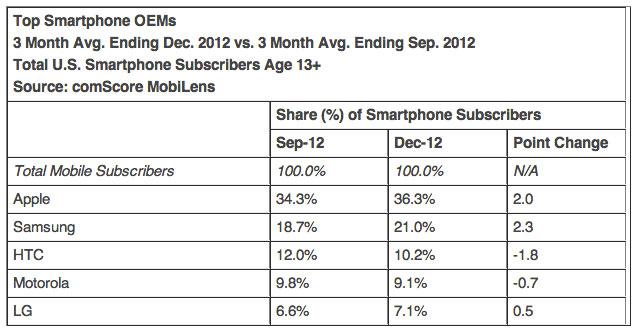
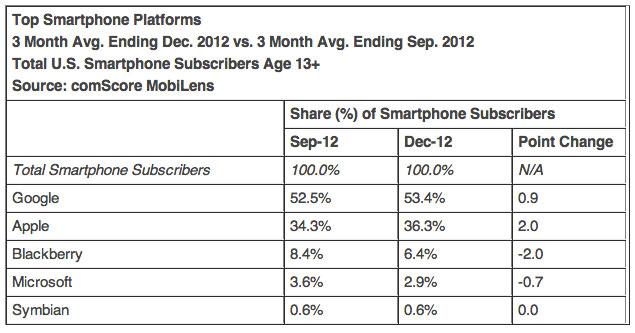







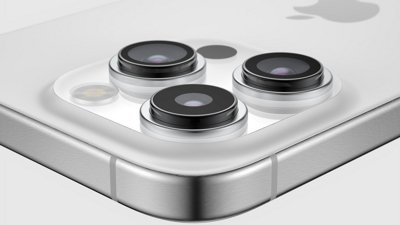
 Malcolm Owen
Malcolm Owen
 William Gallagher
William Gallagher
 Andrew O'Hara
Andrew O'Hara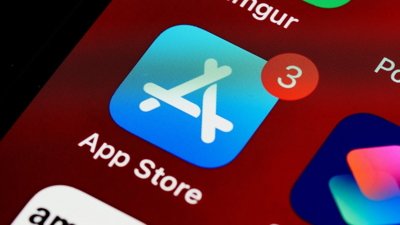

 Sponsored Content
Sponsored Content
 Charles Martin
Charles Martin



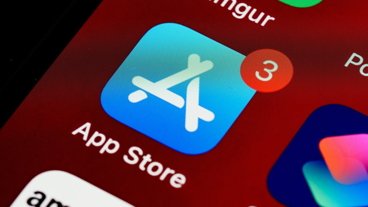






25 Comments
Since according to my math the Android OEMs presented remained steady at 47.1% for the 3 month period, Apple's gains probably come from Android users switching to iPhone. Android probably stayed the same by younger feature phone users upgrading to Android. I think at this point in the US any feature phone users who have not already switched to iPhone are likely to choose Android going forward as they are probably more cost conscious than early adopters.
As with most of these surveys, the results are not particularly meaningful. 1. They don't provide the error margin. It looks like some of the changes are within the margin of error - and therefore not meaningful. 2. Even if the differences are STATISTICALLY meaningful, there's no evidence that the sample is representative of the population as a whole. GIven that the data comes from web browsing data, it's going to be dependent on which sites they use, so is almost certainly not representative (unless by chance).
"As for mobile platforms, the study found that Android retained its number one spot, with the mobile operating system running on over half of all smartphones in the U.S." This should be changed to "As for smartphone platforms..." because to keep it at "mobile", you have to include the ipad and touch.
The platform numbers are impossibly low for Apple given what Verizon and AT&T reported.
Since according to my math the Android OEMs presented remained steady at 47.1% for the 3 month period, Apple's gains probably come from Android users switching to iPhone. Android probably stayed the same by younger feature phone users upgrading to Android. I think at this point in the US any feature phone users who have not already switched to iPhone are likely to choose Android going forward as they are probably more cost conscious than early adopters.
I agree with the first part of your analysis, but not the second. Based on carrier stats we've all seen reported, there are quite a few Android to iPhone switchers. However, there's no reason to think new smartphone users will primarily choose Android, for at least a couple of reasons,
* Many of these will be young people "coming of age" and getting their first smartphone.
* With iPhones available starting at $0.99, phone cost won't be a driving factor, especially since the contract costs are going to be the same for both.